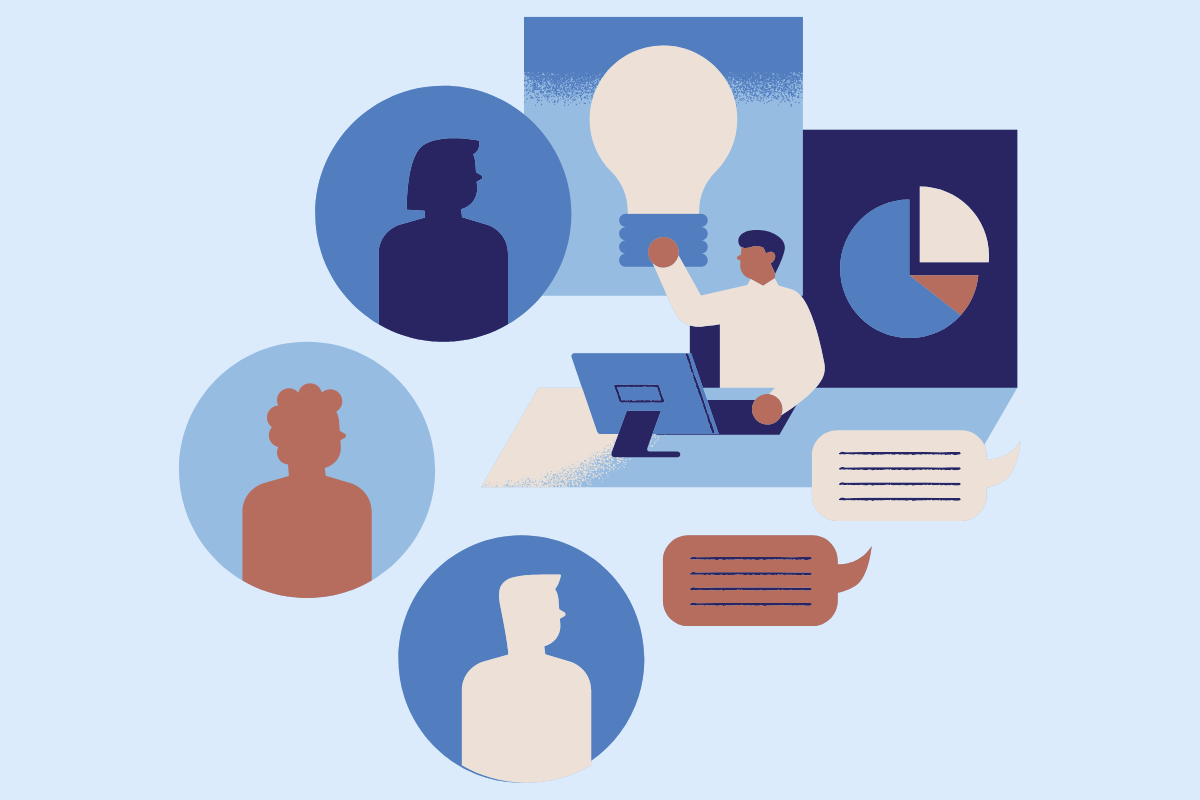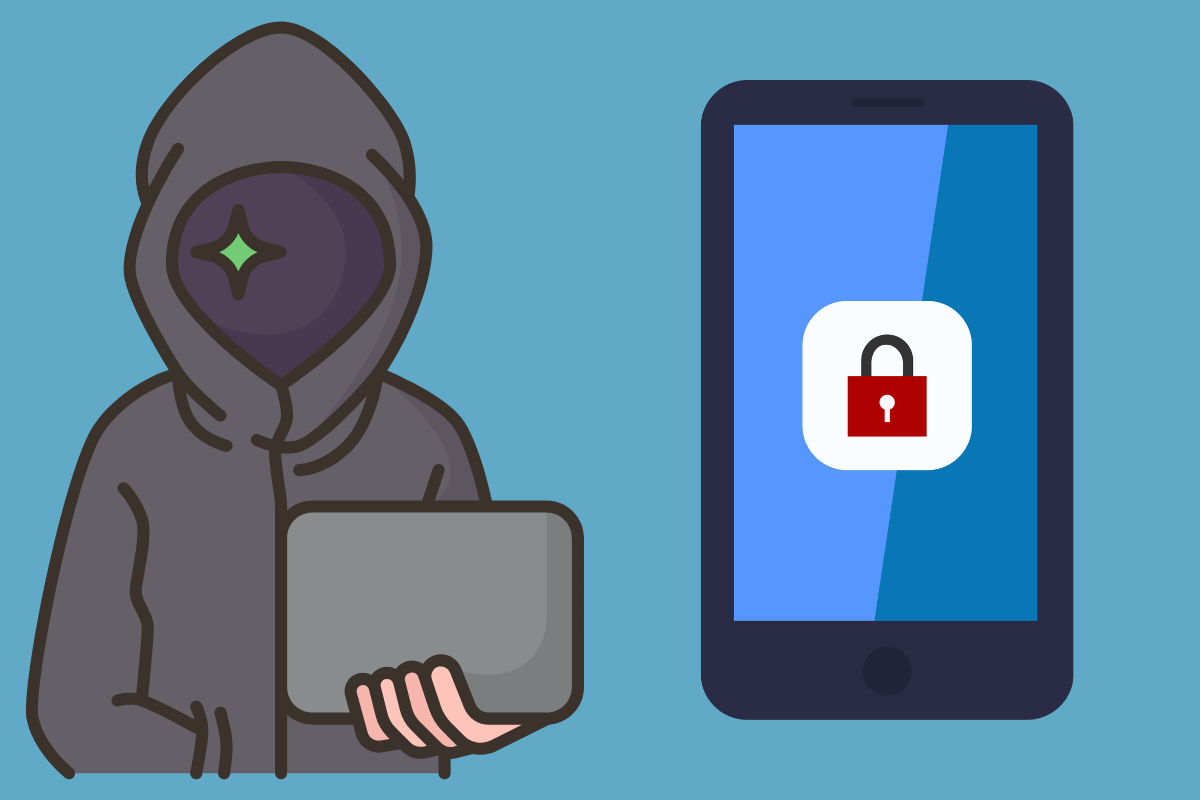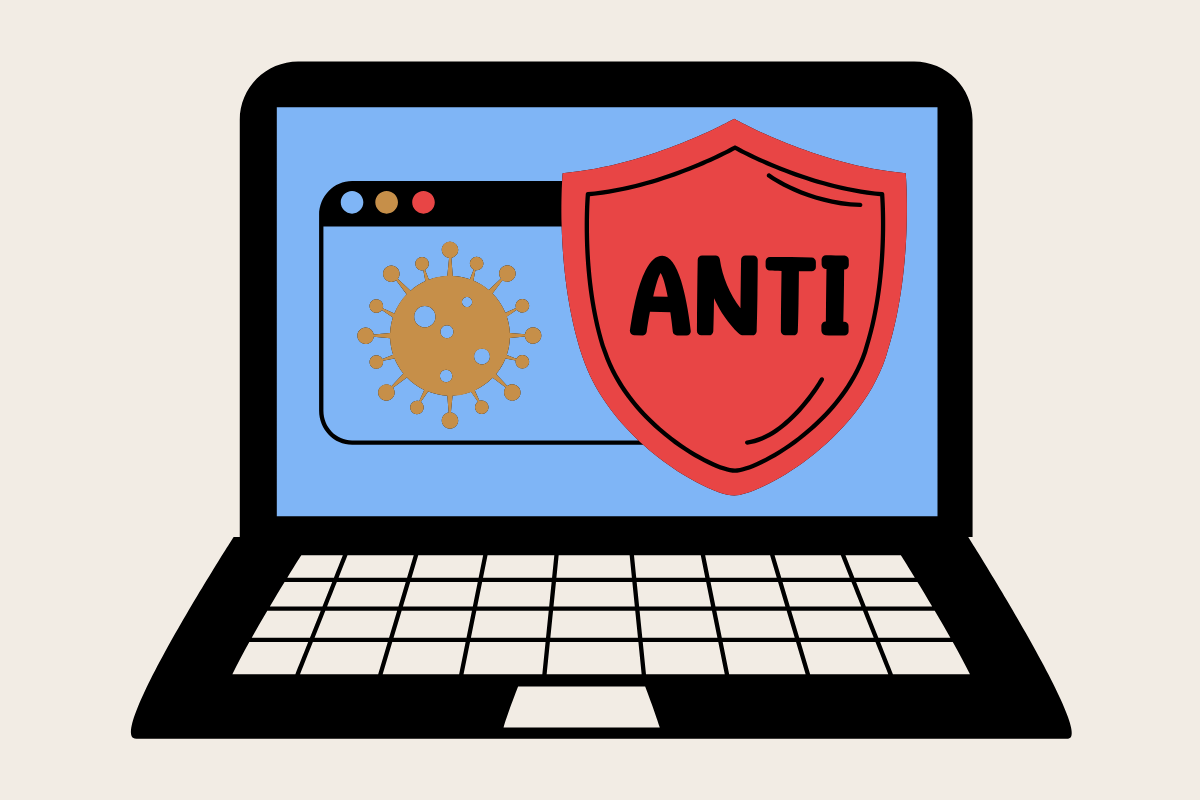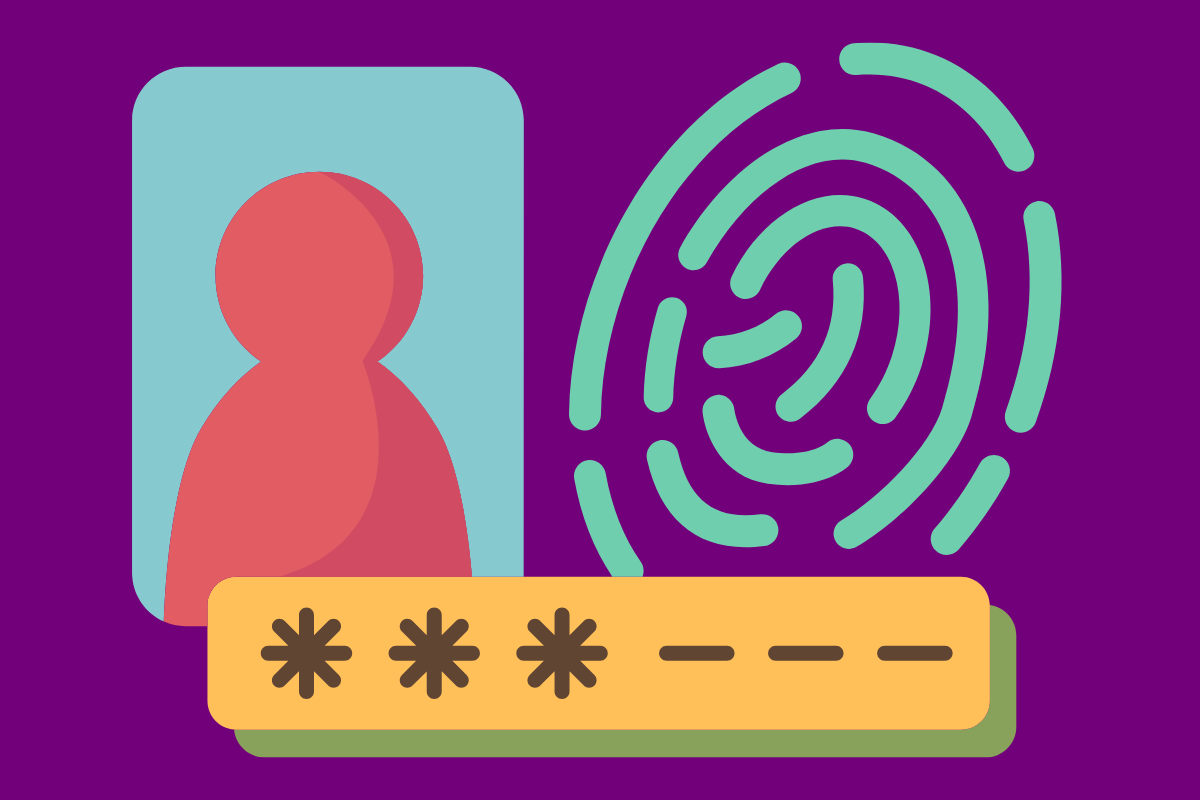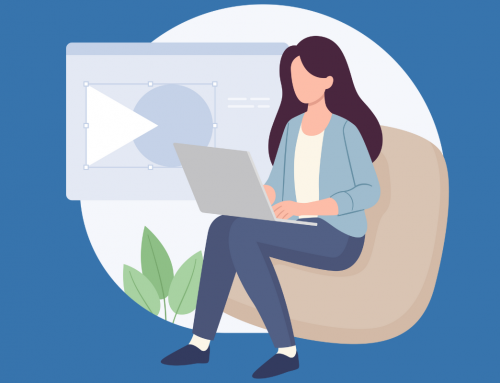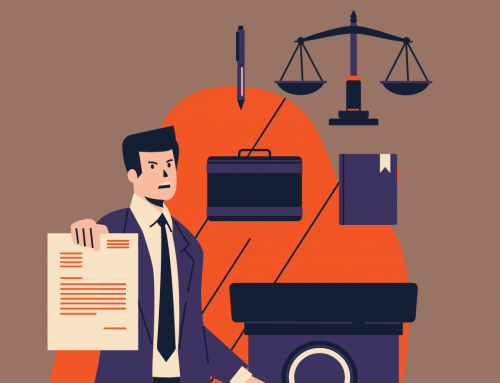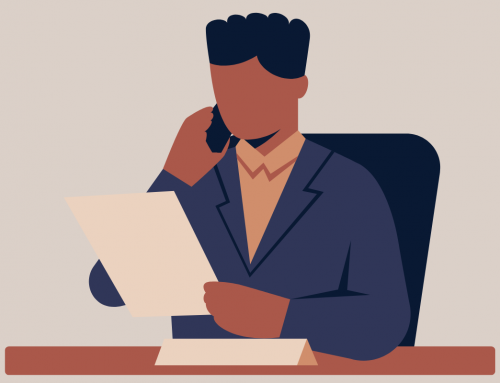Technology is woven into just about everything we do, from ordering a pizza to streamlining business operations.
Healthcare, finance, entertainment and even the legal sector are all impacted by innovations that let us accomplish a lot more in a lot less time.
When ChatGPT was released on November 30, 2022, it was heralded as the biggest breakthrough since the Internet. This AI chatbot, which uses natural language processing to create human-like dialogue, is so good at what it does that businesses everywhere are using it to write emails, create web copy, and even write entire books.
ChatGPT: A Cautionary Tale
There are drawbacks, however. A New York lawyer representing a client in a personal injury suit against an airline relied on ChatGPT for preparing a filing. Instead of saving the day, the AI tool cited nonexistent cases, a phenomenon known as ‘hallucinations.’ This faux pas not only embarrassed the attorney but led the judge to consider sanctions, thrusting the legal community into a whirlwind discussion on the implications of AI errors in legal practice.
Although disastrous, this incident does not overshadow the advantages of AI for law firms. The key, as always, lies in responsible and informed usage. Let’s take a closer look at how your firm can benefit from ChatGPT without risking your reputation or worse.
Embracing Technology in the Legal Sector
At first glance, technology and the law don’t seem compatible. One is all about innovation and the other relies heavily on tradition and precedent. Yet, beneath the layers of legal doctrines and case law, there’s a burgeoning transformation powered by technology. Routine tasks that once consumed hours of manual labor can now be expedited in mere minutes. Document review, case management, and client communication have all seen dramatic improvements with the infusion of tech tools tailored for the legal field.
However, as with every tool, the maxim “use with caution” applies, perhaps even more so given the stakes in legal proceedings. Embracing technology responsibly means recognizing both its power and its limitations. It’s not just about leveraging AI and software to streamline tasks; it’s about ensuring that the information they provide is accurate, relevant, and up-to-date. This is especially crucial in a field where inaccuracies can have severe repercussions, from miscarriages of justice to professional malpractice.
How Can Lawyers Use ChatGPT?
For lawyers looking to streamline various aspects of their practice, ChatGPT and similar AI tools are valuable assets. To use it effectively, however, you have to know its limitations as well as its strengths.
Advantages
- Legal Drafting: From basic contracts to letters and other standard documentation, ChatGPT can generate drafts quickly, saving lawyers valuable time.
- Research Assistance: While not a replacement for detailed legal research, ChatGPT can provide quick answers that serve as a starting point or supplement to more in-depth inquiries.
- Repetitive Tasks: Streamlining repetitive tasks or sifting through lots of data can be a breeze with ChatGPT. Examples include reviewing initial client intake forms, sorting through precedents, or even summarizing large swathes of information.
Potential Concerns and Limitations
- Complex Legal Nuances: While ChatGPT is incredibly advanced, expecting it to grasp the entirety of a complex legal scenario with all its subtleties might be a stretch. Human judgment remains crucial.
- Reliability of Data: AI inaccuracies, as seen in the instance of the New York lawyer, can prove detrimental. Any data or content generated by ChatGPT needs to be validated and verified before it’s used officially.
- Ethical Considerations: Relying solely on AI tools may blur ethical boundaries. It’s important to make sure these tools don’t compromise a lawyer’s duty to provide competent representation.
- ChatGPT has a lot of potential in the legal sector, but you need to approach it with a balanced perspective, always weighing its advantages against its inherent limitations.
The Human Element in Law is Irreplaceable
Even as technology transforms the legal sector, a resounding realization emerges: ChatGPT and AI for law firms can assist with certain tasks, but they can’t replace human intelligence. At its core, law is about people – understanding their needs, interpreting their feelings, and navigating complex relationships.
A lawyer’s emotional intelligence facilitates trust, often making the difference between a client feeling understood versus feeling like just another case number. No AI, regardless of its sophistication, can genuinely empathize or connect on a human level. A lawyer gauges more than just the facts; they measure the potential human impact of every move.
Conclusion
While technology can be a powerful ally, it should never supplant the critical thinking, experience, and interpersonal skills that lawyers bring to the table. As law firms increasingly integrate technology into their operations, the onus is on them to do so judiciously. Embracing it responsibly means ensuring that tech tools augment human capabilities rather than replace them, always keeping in mind the paramount importance of accuracy, ethics, and the human touch.

